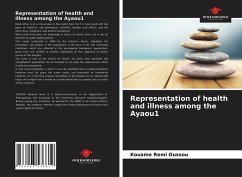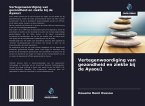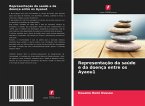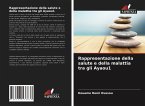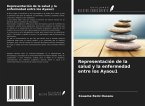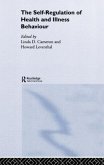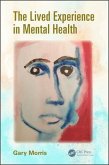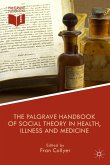Black Africa is at a crossroads in the health field, for it is now faced with two types of medicine: one biomedical, scientific, western and official, and the other local, indigenous and almost clandestine. What could have been an advantage in terms of choice turns out to be an obstacle to public health policies.This study, conducted in 1994 for the master's thesis, highlights the hesitations and doubts of the populations in the face of the two conflicting medicines, which are reflected in the overlapping therapeutic approaches, going from one medina to another depending on the supposed or known source of the disease.The same is true of the search for health, for which even educated and "enlightened" populations do not hesitate to call upon the supernatural, which is present everywhere.So the recommendation is that it must be admitted that so-called traditional medicine must be given the same status and promoted as biomedical medicine, for in the final analysis the beliefs of the people are so imbued with magic and religion that it would be counter-productive to support only so-called official medicine.
Hinweis: Dieser Artikel kann nur an eine deutsche Lieferadresse ausgeliefert werden.
Hinweis: Dieser Artikel kann nur an eine deutsche Lieferadresse ausgeliefert werden.

